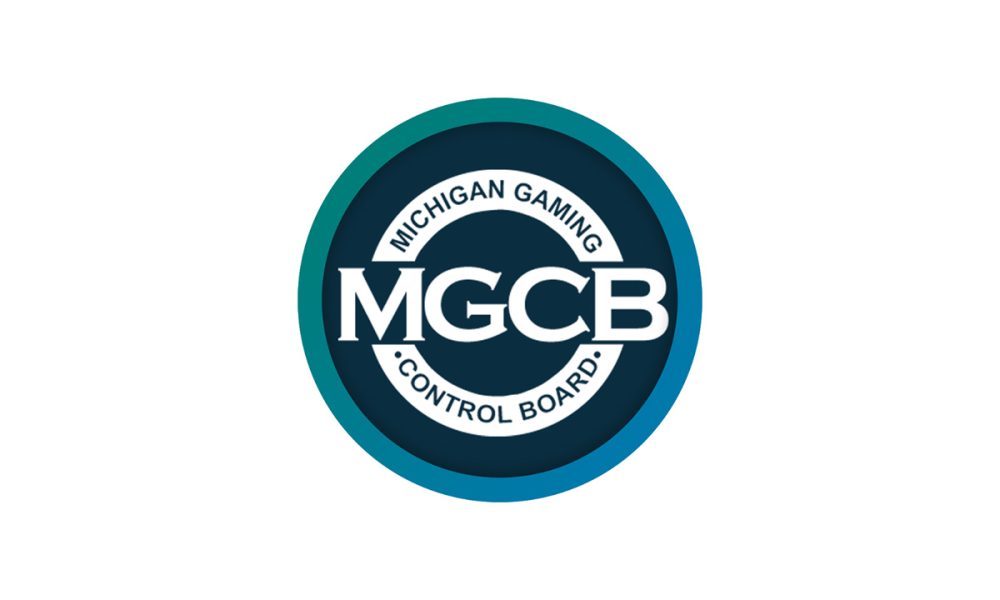

Compliance Updates
UK Gambling Operators Face £100M Tax in Harm Reduction Push
Gambling operators in the UK face a tax of as much as 1.1% of profits on some types of games as the government seeks £100 million ($126 million) a year to invest in harm reduction and research.
The planned statutory levy on all licensed operators will range from 0.1% to 1.1% of the gross gambling yield, depending on the sector and nature of the gambling, according to a statement Wednesday from the UK’s Department of Culture, Media and Sport.
The UK has over the last few years introduced stricter regulation of gambling, including requiring operators to reduce the intensity of online games, carry out financial vulnerability checks of players and provide customers with better control over the types of marketing they receive. Many of the measures were announced under a Conservative government, which lost to the Labour Party in July’s General Election.
The government will review the charge within five years of its introduction, with the first formal review expected by 2030, according to the statement.
UK gambling stocks soared last month after UK Chancellor Rachel Reeves’ budget did not include much-speculated tax hikes on the sector.
The statutory levy is a separate initiative, proposed under the Conservative government in a 2023 white paper on gambling reform.
The announcement was welcomed by anti-gambling campaigner Matt Zarb-Cousin, who said that he was “really pleased” that it is being introduced. “It will totally transform the research, prevention and treatment of gambling harm,” Zarb-Cousin said.
The four biggest gambling operators – Entain Plc, Flutter Entertainment Plc, William Hill-owner Evoke Plc and Bet365 – previously pledged to pay 1% of their gross gambling yield to an industry-funded charity GambleAware in anticipation of the levy.
In the year ending in March, the charity said it received donations of £49.5 million, £46.6 million of which came from the top four operators.
“This represents a significant step towards protecting people from gambling harm. The levy is also a crucial step towards ensuring continued support through a statutory system and is something we have been calling for since 2017,” GambleAware CEO Zoë Osmond said of the plans in a statement.
The Betting and Gaming Council, which lobbies for the industry, said that it supports plans for the levy outlined in last year’s proposal.
“Ministers must not lose sight of the fact the vast majority of the 22.5 million people who enjoy a bet each month, on the lottery, in bookmakers, casinos, bingo halls and online do so safely,” Betting and Gaming Council Chief Executive Officer Grainne Hurst said in a statement.
The post UK Gambling Operators Face £100M Tax in Harm Reduction Push appeared first on European Gaming Industry News.
Betty Wins
MGCB Orders Four Offshore Online Casinos to Cease Operations in Michigan

The Michigan Gaming Control Board (MGCB) has issued cease-and-desist letters to four unlicensed online casinos—Betty Wins, Orbit Spins, Pacific Spins Casino, and Yabby Casino—all operated by Tech Zone Inc., a company registered offshore in the Union of Comoros.
The enforcement action is part of the MGCB’s ongoing commitment to protect Michigan residents from illegal gambling platforms that lack oversight, player safeguards, and responsible gaming protections.
“These offshore operators lure players with flashy ads and promises of big winnings, but in reality, they put consumers at serious financial and personal risk. We will continue to take strong action against unlicensed sites to ensure gambling in Michigan is legal, fair, and secure,” said Henry Williams, Executive Director of MGCB.
Under Michigan law, only MGCB-licensed operators are authorized to offer internet gaming and sports betting. Tech Zone’s four brands were found to be illegally targeting Michigan residents, violating the Lawful Internet Gaming Act, the Michigan Gaming Control and Revenue Act, and sections of the Michigan Penal Code.
“Illegal operators may use familiar branding or social media ads to appear trustworthy. But if the site isn’t licensed by the MGCB, it isn’t safe. We encourage all players to check before they bet,” Williams said.
The post MGCB Orders Four Offshore Online Casinos to Cease Operations in Michigan appeared first on Gaming and Gambling Industry in the Americas.
Compliance Updates
CT Interactive grows its certified portfolio in Romania

CT Interactive is strengthening its presence in Romania’s regulated iGaming market by certifying 20 new games, bringing its total portfolio in the country to 101 titles. This is a significant achievement in the company’s European growth strategy.
Among the new certified releases are fan favorites such as Lucky Clover 10, the latest addition to the beloved Clover series featuring vintage-inspired graphics and nostalgic design elements, and 20 Mega Star, a classic fruit-themed slot that combines familiar gameplay with modern visuals to keep players engaged. Both titles have already proven their success across multiple international markets with strong player engagement.
Additionally, CT Interactive is launching its new Buy Bonus product line in the Romanian market. This exciting lineup includes Doctor Winstein Buy Bonus, Duck of Luck Buy Bonus, Fruits & Sweets Buy Bonus, Nanook the White Ghost Buy Bonus, and Hyper Cuber Buy Bonus — all offering thrilling bonus features and enhanced gameplay tailored to local player preferences.
“Certification in Romania is an important part of our European growth strategy,” said Martin Ivanov, COO of CT Interactive. “This expansion not only strengthens our presence but also enables us to offer a diverse and premium range of content to the regulated Romanian market.”
With these new certifications, CT Interactive continues to be a trusted provider of engaging gaming content, offering Romanian operators a broad range of advanced titles fully aligned with local regulatory standards.
The post CT Interactive grows its certified portfolio in Romania appeared first on European Gaming Industry News.
American Gaming Association
MDC Issues Commentary as U.S. Gambling Enters “Regulatory Reset” Following $148 Billion Wagered

Minimum Deposit Casinos (MDC) has issued an expert commentary on what it calls a “regulatory reset” in the U.S. gambling sector, as lawmakers and regulators respond to explosive growth in consumer betting behavior. According to the American Gaming Association, Americans wagered a record $148 billion on sports in 2024. This surge has sparked new scrutiny from both federal and state-level authorities.
Recent legislative efforts in New York, Louisiana, and Montana have targeted sweepstakes-based casinos and skill-based betting formats. Proposed changes include tighter bet size limits, stricter advertising rules, and licensing reforms aimed at reducing player harm and increasing transparency.
“The regulatory environment is catching up with consumer behavior. There’s growing concern over how online gambling is marketed, accessed, and governed. Areas like responsible gaming, ad targeting, and instant deposits are now being looked at much more critically,” said a spokesperson at MDC.
According to the latest figures from the American Gaming Association, U.S. commercial gaming revenue reached $19.44 billion in Q2 2025, marking a 9.8% increase compared to the same period last year. Online casino gaming accounted for $2.6 billion of that total, reflecting a 32.3% year-over-year jump. The numbers underscore continued momentum for digital platforms even as regulations tighten.
MDC’s commentary urges both players and operators to stay ahead of the curve. As laws evolve, demand is rising for licensed platforms that offer low-deposit access, better responsible gambling tools, and full regulatory compliance.
The post MDC Issues Commentary as U.S. Gambling Enters “Regulatory Reset” Following $148 Billion Wagered appeared first on Gaming and Gambling Industry in the Americas.
-

 gaming3 years ago
gaming3 years agoODIN by 4Players: Immersive, state-of-the-art in-game audio launches into the next generation of gaming
-
EEG iGaming Directory8 years ago
iSoftBet continues to grow with new release Forest Mania
-
News7 years ago
Softbroke collaborates with Asia Live Tech for the expansion of the service line in the igaming market
-
News7 years ago
Super Bowl LIII: NFL Fans Can Bet on the #1 Sportsbook Review Site Betting-Super-Bowl.com, Providing Free Unbiased and Trusted News, Picks and Predictions
-
iGaming Industry8 years ago
Rick Meitzler appointed to the Indian Gaming Magazine Advisory Board for 2018
-
News7 years ago
REVEALED: Top eSports players set to earn $3.2 million in 2019
-
iGaming Industry8 years ago
French Senator raises Loot Boxes to France’s Gambling Regulator
-
News7 years ago
Exclusive Interview with Miklos Handa (Founder of the email marketing solutions, “MailMike.net”), speaker at Vienna International Gaming Expo 2018











